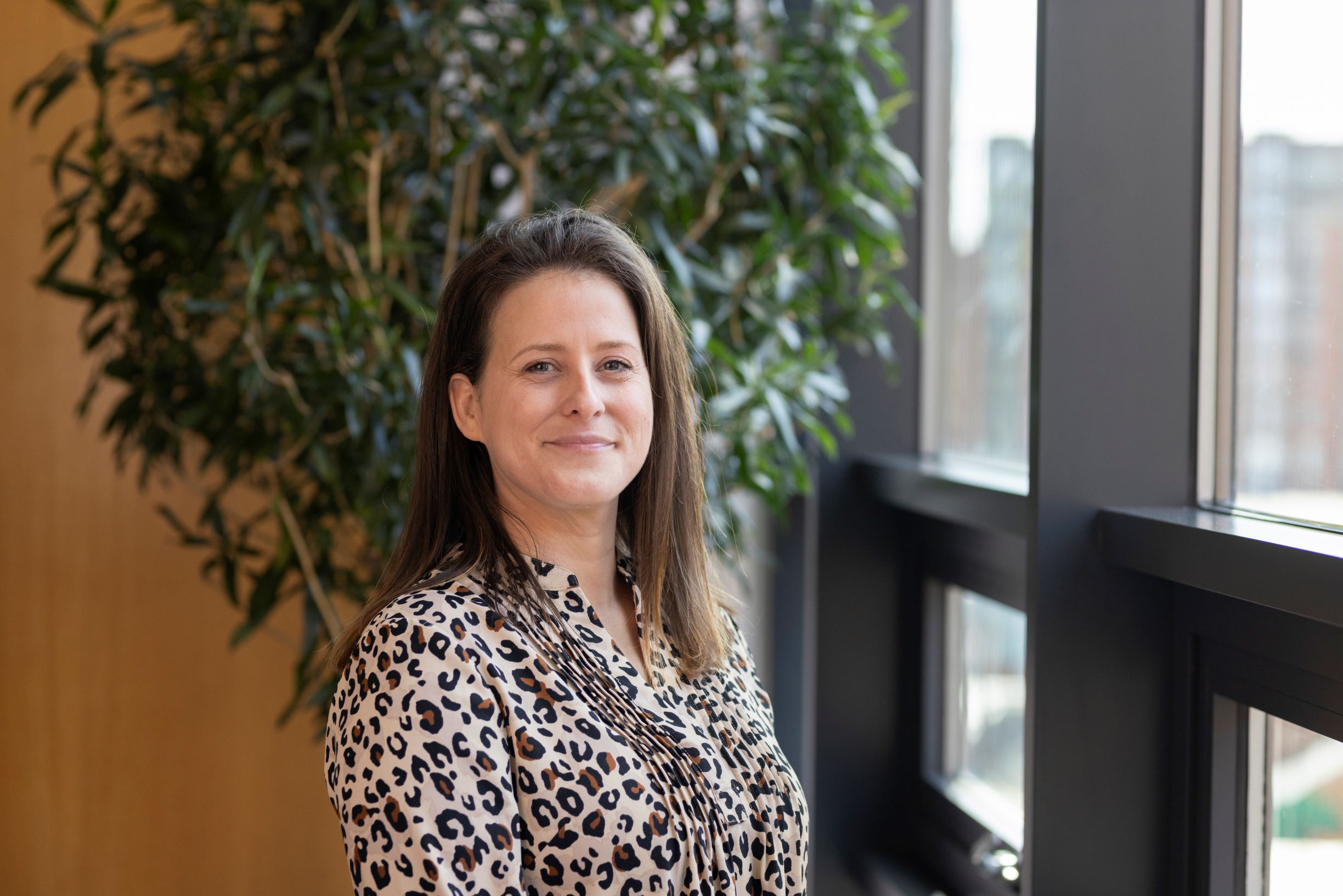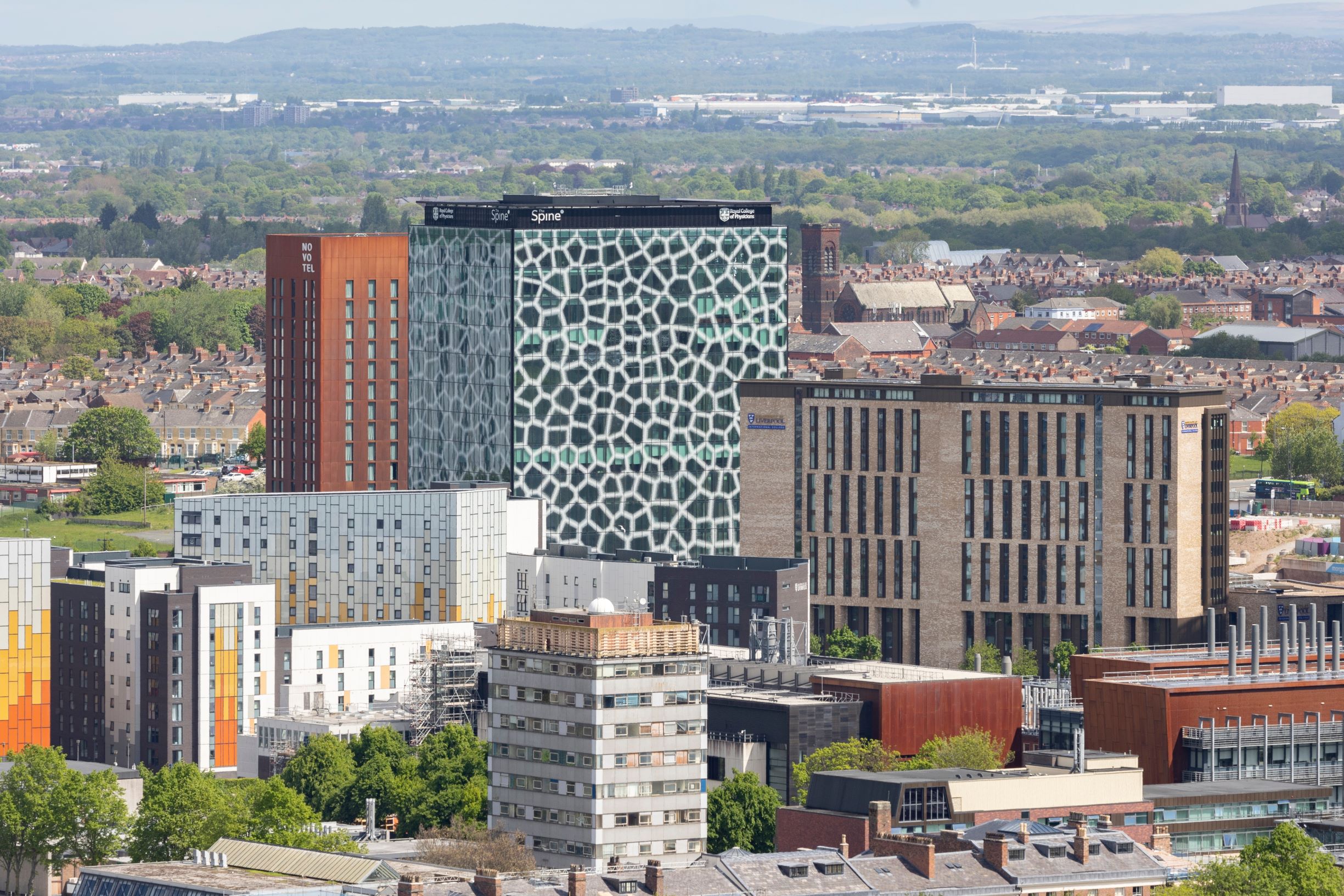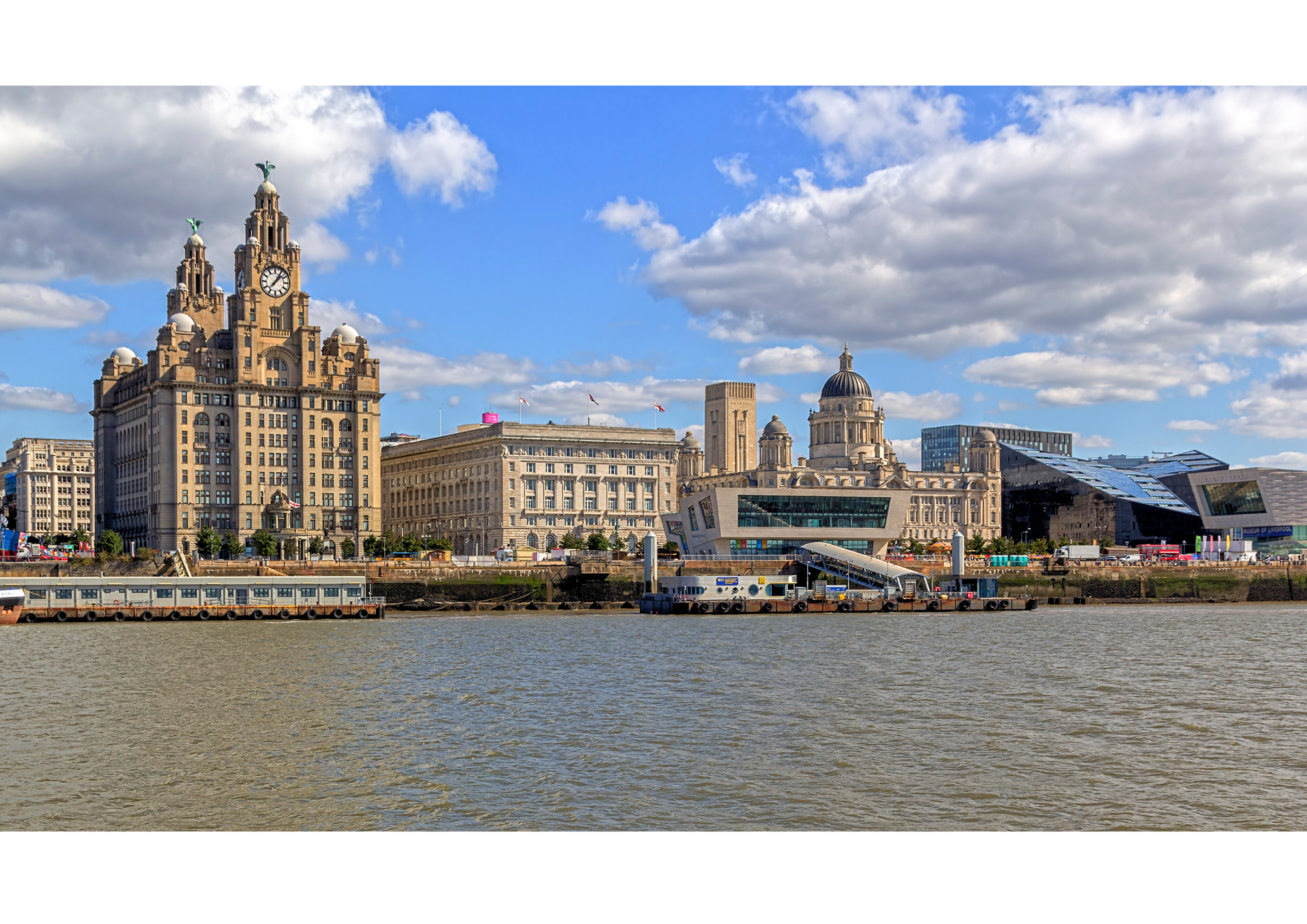LHP’s CEO reflects on the challenges of 2020 & Liverpool’s health system
The last twelve months have presented some of the biggest challenges in living memory to those who care for the health of people in Cheshire and Merseyside.
The COVID-19 pandemic has permeated all aspects of life, and has had a huge impact on healthcare and the well-being of us all.
I am so proud of the way we have responded both as a health system, and a community to coronavirus.
Liverpool Health Partners is a collaboration of NHS hospital trusts and higher education institutions, working to strengthen and expand research and education. This is important so that we can use our academic expertise to make a difference to the care our patients receive every day. The response of our partners to the pandemic was nothing short of extraordinary. The speed and efficiency that we set-up and delivered COVID treatment and vaccines research studies was impressive.
Our teams acted swiftly and at scale to streamline processes across the COVID-19 research pipeline.We created a rapid response way of working that we called the Strategic One Liverpool Partnership for COVID (Liverpool STOP COVID). This was a streamlined and effective way to focus our effort and resources to ensure that the people of Liverpool had the opportunity to participate in the studies, and for the City to contribute to the worldwide effort in defeating the disease.
STOP COVID was built on the foundations of LHP’s Single Point of Access to Research and Knowledge (SPARK) that launched at the end of 2019. LHP SPARK has made great strides in transforming the way our partners work together in setting up clinical trials. Set-up times have been driven down to less than two weeks, more than 6,000 people have been recruited to take part in COVID research studies and 164 grant applications were submitted in total for both COVID-19 and other studies. At a time when our health providers and scientists were focussed on treating patients with COVID-19 they maintained a strong focus on research and innovation. We saw the launch of the LHP Cancer Strategy and the appointment of renowned researcher Professor Christian Ottensmeier, who specialises in immunology, to The University of Liverpool and The Clatterbridge Cancer Centre. The Clatterbridge Cancer Centre opened their new hospital in Liverpool that will not only treat cancer patients but also carry out essential research into new treatments.
Elsewhere, more than £1 million of funding was secured to research cardiovascular disease, one of the biggest killers locally, and the city was lit red in September to mark World Heart Day to raise awareness.
LHP launched a new programme for mental health and neuroscience to improve research in this crucial area. Meanwhile, more than £3.5 million in grant submissions have supported our Starting Well programme to improve the health of babies and children.
One of our most noteworthy results is the announcement of the £5.3m project, the Civic Data Cooperative. The project aims to provide better insights into the care needs of Liverpool City Region residents, create a raft of new jobs and encourage innovative approaches to solving the most pressing service issues.
As 2020 comes to a close and mass vaccination offers the prospect of a new year where COVID-19 will gradually be brought under control, I feel confident that our system will emerge resilient and build strongly on our research performance and delivery to benefit us all.



